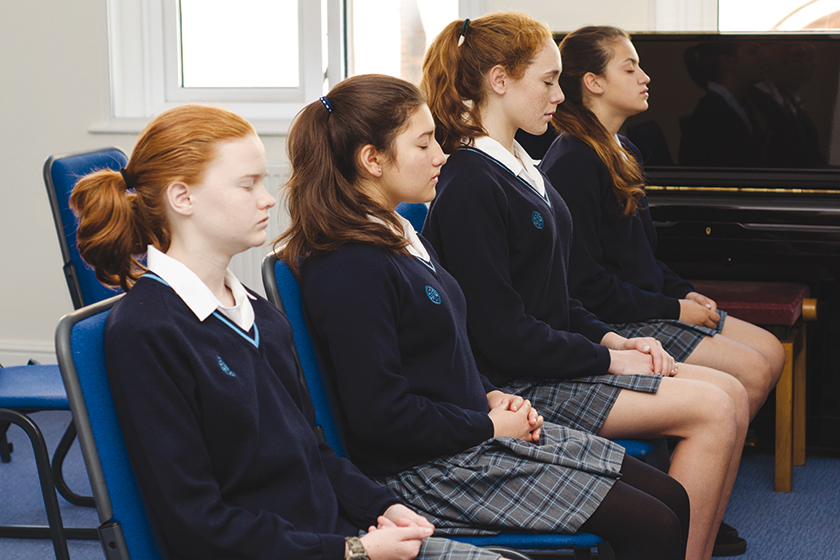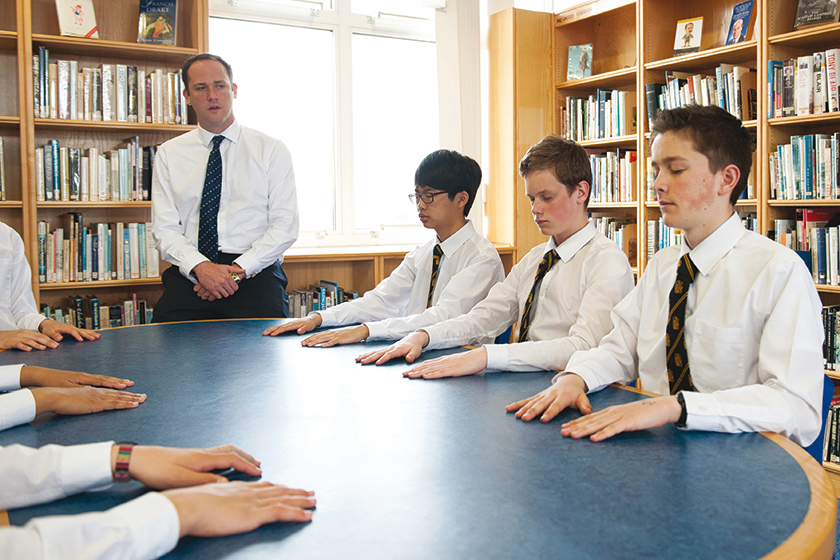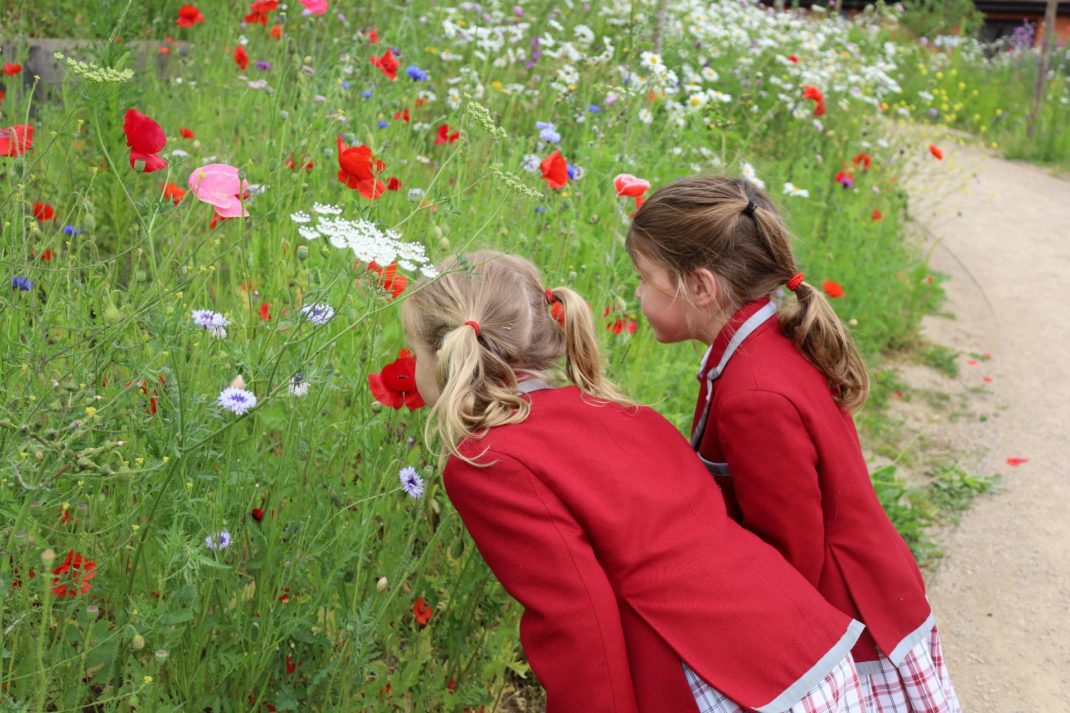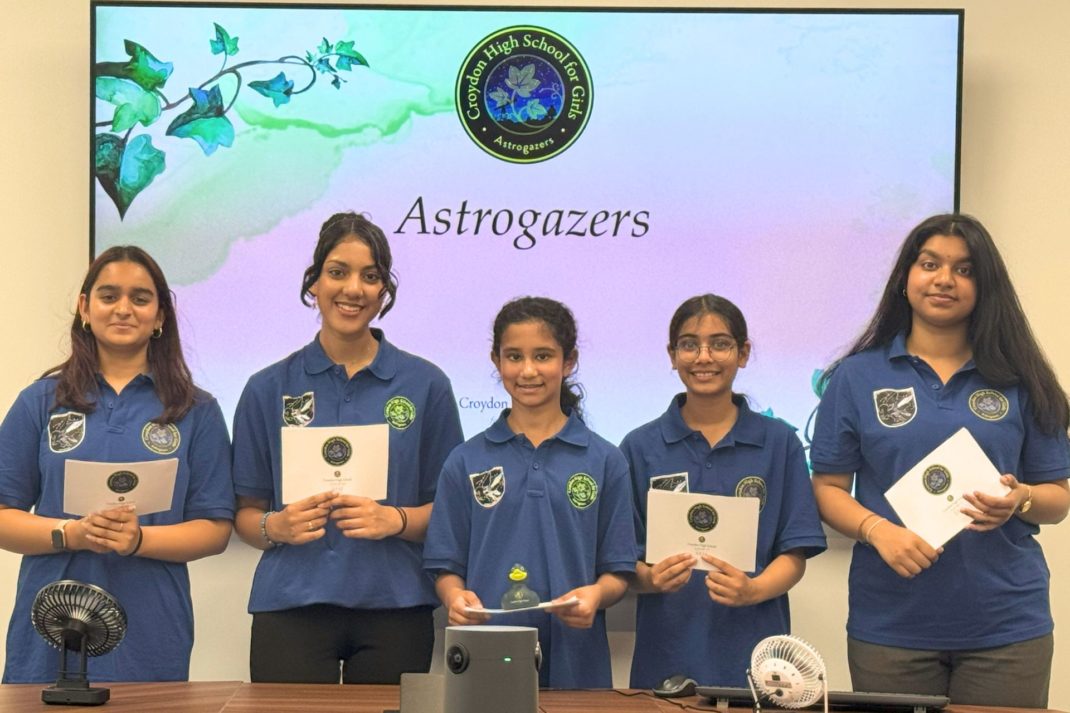How Independent Schools Promote Mental Wellbeing
By
8 years ago
Victoria Lambert looks at how schools are working to protect their pupils inside and out

Good health and wellbeing is essential for successful learning. Here are the schools championing and developing a sustainable approach to improving emotional and spiritual resilience.

Wellington College
Parents may not want to admit it, but sadly, for some of their children, joy can be in short supply during their formative years. Wellbeing as an attainable skill hasn’t been a high priority on the school curriculum, until now.
Across the country, heads are beginning to recognise the importance of key skills such as resilience, reflection and the need to build self-esteem as a proactive and integral part of the curriculum.
Following the work of trailblazer Sir Anthony Seldon, former Master of Wellington College in Berkshire, who initiated happiness lessons in 2006, seminars on topics, from confidence to gratitude, plus mindfulness and meditation workshops, are finding a place in already busy timetables. Pastoral care is being stepped up – and there is now more support for children struggling with depression.
Our children need this help. Sir Anthony’s view is unequivocal: a school’s role is to teach ‘life skills and attitudes that are conducive to living a flourishing life and making a positive contribution to society; to help children discover that bringing happiness to others leads to a much deeper sense of fulfilment than any A grade or iPhone ever could.’
He warns. ‘Sadly, our current education system focuses too heavily on academic learning and attainment and not enough on education for life. Too often it fails to support the many children who are struggling to cope with anxiety, stress and depression.’
Depression in schools
Indeed, there seems to be an epidemic of depression among young people in the UK. According to Young Minds, a charity committed to improving the emotional and mental wellbeing of children and young adults, over 850,000 five to 16 year olds have a mental illness. The number of fifteen to 16 year old teenagers with depression has nearly doubled between 1980 and 2010.
Some of these cases can be ascribed to better and earlier diagnosis, but children seem to be under more pressure than ever before owing to the competition and bullying associated with social media, exam expectations, breakdown of family units and even what’s on the news.
Schools promoting mental wellbeing
Many schools are already taking positive mental health seriously, not just through PSHE lessons or individual counselling but involving everyone in the school with an emphasis on the most vulnerable.
Cheltenham Ladies’ College

Cheltenham Ladies’ College
Launched a wellbeing programme in September, which gives all girls the opportunity to experience a broad range of relevant topics to help them flourish and develop resilience, including healthy lifestyles, coping with stress and anxiety, study skills, tolerance and discrimination, peer pressure and mindfulness.
Eton College
Has access to a full-time clinical psychologist and a part-time adolescent psychiatrist who are effectively and fully involved in the school.
King Edward’s School, Birmingham
A number of teaching staff have been trained to offer counselling to boys and confidential sessions are offered by Open Door Youth Counselling Ltd twice a week.
Warwick School

Warwick School
Now offers mindfulness and wellbeing within the curriculum from Year 10, as well as for staff as part of a wider programme in which the school is taking a more preventative approach in building resilience and good mental health in pupils.
Stowe School
Employs two counsellors who visit all new pupils in their house group during the Michaelmas term to get a sense of how they are settling in and to introduce themselves personally.
St James Senior Girls’ School, London
Meditation is built into the curriculum: a short period of five to ten minutes at the beginning and end of every day is allocated to quietude, in which pupils may meditate, contemplate or simply be still – according to their own spiritual inclinations.
Francis Holland School, Sloane Square

Francis Holland
Girls can join a yoga club, and the mindfulness group is popular. Headmistress Lucy Elphinstone says, ‘Prayer and stillness are part of what we do, but when we introduced mindfulness last September we saw almost instant results. The core .b practice known as FOFBOC (Feet on Floor, Bum on Chair) can be taught in 30 minutes and is great for calming and centering pupils’.
Oundle School
Runs classes in Alexander Technique incorporating some mindfulness practices.
Wellington College
Mindfulness has already been part of the school’s wellbeing curriculum since 2006. The college has been highly influential in promoting the practice and its programme for students and staff involves two-minute periods of silent reflection each day, and pupils aged 13 to 15 also have a weekly 15-minute stillness session.
Hampton School

Hampton School
Hampton’s headmaster Kevin Knibbs says mindfulness sessions help everyone ‘to recognise their inner critic and balance this with more discernment and kindness towards themselves.’ He believes that they have a widespread application in helping stressed youngsters develop concentration skills and combat anxiety, helping them to identify certain ‘corrosive’ mindsets that can lead to mental health problems. Many Hampton School staff opt to participate in a similar course designed for teachers.
King Edward’s School, Bath
Mindfulness was first introduced to Sixth Formers by the school chaplain, Reverend Caroline O’Neil. However, after consulting with child and adolescent psychologist, Linda Blair, and teen gaming and gambling expert, Stephen Noel-Hill, who both recommended the practise, PSHE co-ordinator, Lisa Bowman decided to introduce mindfulness throughout the school, and it now offers weekly mindfulness sessions to pupils and staff alike.
Schools offering mindfulness
- Benenden School
- Charterhouse School
- Tonbridge School
- Christ’s Hospital School
- Fettes College
- Francis Holland School
- Hampton School
- Marymount International School
- Oundle School
- Wellington College
- Wycombe Abbey School
- Bedales
- Felsted Prep
- Notting Hill and Ealing High School
- St Mary’s, Calne



